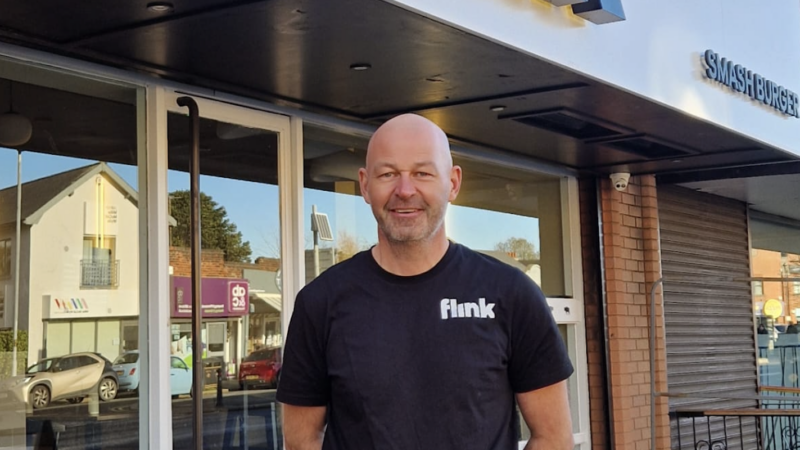Northern Ireland hospitality faces rising costs from UK Budget

Chancellor Rachel Reeves announced £1.5bn in new funding for NI next year
The recent UK Budget has prompted strong reactions from Northern Ireland’s hospitality industry and government. Both parties welcome the emphasis on supporting public services, yet express concerns over rising costs impacting small businesses and the wider hospitality sector.
Finance Minister Caoimhe Archibald commented on the Chancellor’s efforts to prioritise economic stability but noted the limits of a single Budget in reversing years of austerity. “While there appears to be a genuine attempt to protect public services and invest in infrastructure, the harm done by austerity was never going to be reversed by one Budget,” Archibald stated.
The Minister acknowledged that, although the Executive’s £609 million Resource DEL funding for 2024/25 is welcome, it still does not address the full extent of departmental pressures across Northern Ireland. “This funding equates to a real-terms uplift of 1.3% compared to 2024/25,” she explained. “Given the continued pay and inflationary pressures and growing demands on our services, this still represents challenges for the Executive and highlights the need for transformation of our public services.”
Hospitality leaders, however, fear that the Budget’s tax increases will hinder small businesses. Joel Neill, Operations Director of Hospitality Ulster, expressed concern over the lack of targeted relief for Northern Ireland’s hospitality sector. “While our hospitality colleagues in England and Wales are rightly upset at the lowering of the 75% business rates relief to 40%, hospitality businesses in Northern Ireland were never party to this relief,” Neill remarked. “Today’s Budget has done nothing but increase the cost of doing business for hospitality.”
Neill outlined how the Budget’s wage increases, additional National Insurance contributions, and reduced contribution thresholds combine to strain operators already facing financial difficulties. “We all want to see people paid more. Our members want to reward good work and make work pay, but what is being asked of businesses is simply unsustainable if taxes are going to shoot up at the same time,” he said.
The Budget’s cut to draft alcohol duty, intended to alleviate costs for pubs and bars, will likely fail to reach consumers, according to Neill. “While the cutting of duty on draft alcohol might have raised some cheers in Westminster, the reality is that these savings are unlikely to be passed onto the customer due to the increased cost of doing business,” he explained. Without access to business rates relief or a VAT reduction, Northern Ireland’s hospitality businesses remain financially vulnerable. “Trying to balance the books from pockets of high street businesses will simply leave hospitality as collateral damage,” Neill warned, adding that the sector could see job losses, reduced investment, and possible closures if cost increases remain unaddressed.







